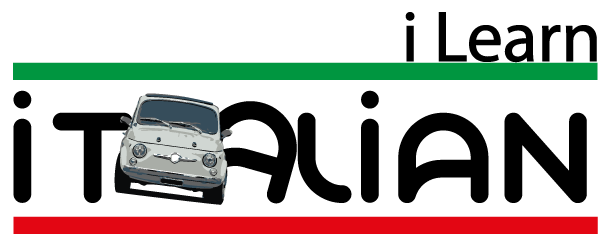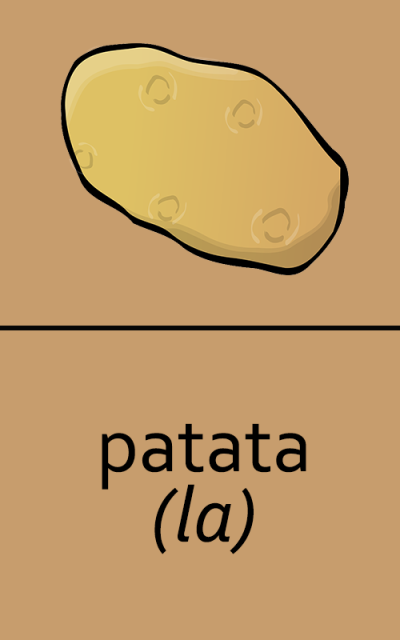Parental advisory: The following post contains explicit language. They are Italian words worth paying heed to.
Every language has its own puns and double meanings, but for language students it is always tricky to find out when they are accidently embarassing themselves by using innocent words in inappropriate contexts. Here’s a list of 10 very innocent Italian Words you might want to use carefully while you’re in the process of learning italian:
Patata /pa’tata/
First of all: in Italian, kitchen is the Pun Kingdom. Many words indicating vegetables or food can be misinterpreted by the listener as (not so) subtle allusions to NSFW content. The most common of these words is definitely patata (no need for translation), which is commonly used as a nickname for female private parts. So take care when you’re cooking and ask someone “dammi la patata“, for you might get slapped.
The counterpart of patata is pisello (pea), which can be used, especially in children’s language, to designate penis. It is not that bad as a foul word, and it is actually preferrable to other puns referred to the same body part. Nevertheless, using it improperly can cause more than an embarassment in the kitchen!
Carciofo /kar’ʧɔfo/
Let’s stay inside our Italian Kitchen and let’s take into consideration a word, carciofo (artichoke) which can be easily used as an insult. A carciofo is a very naive person, not totally stupid but definitely prone to be duped and conned.
This is very bad, and you should learn the double meaning of this word just to be sure you never use it in the wrong context. The term finocchio (fennel) is in fact used all over Italy to unflattering address homosexual people. Yes, we know Italian can be a sciovinist language, but we’re trying to change!
Anno /’anno/
It is very common for students of Italian to encounter problems in pronouncing double consonants. That is because not all languages have these phonemes in their “library”. Most of the times mispronouncing a strong consonant does no harm, but in some cases this can be utterly akward: it’s the case of the word anno (plural anni, years) which, when pronounced with just one /n/sounds like…. well, let’s just say that listening to someone who states that he or she has “25 ani” can be hilarious to an Italian native. If you don’t know this word, looking it up is probably best before you get yourself in trouble.
Italian is such a wonderful language that it turns the tiresome and unpleasant action of sweeping (scopare) into the most enjoyable activity of all! That said, “scopare per terra” (literally “sweeping the floor”) is a pun from which no one can flee, nor foreigners or Italians.
If you’re not a sailor, this word can mean something utterly different from “the rearmost part of a ship or boat”. But maybe you’re thinking too dirty, since Italian poppa has nothing to do with poop; it is, instead, a slang for “breast”. It sounds also onomatopoeic somehow…
Poppa: and finally, behold the king of all puns: the third person direct pronoun which, if used without an antecedent, means exactly that. This is why you should always listen to you Italian Language Teacher when he lectures you about the importance of pronouns in Italian, and this is also why you should always pay attention to what you are referring to when using a pronoun. Asking someone “me la dai?” with no clear reference to an object can be interpreted as sexual harassment, as well as wondering “non so dove metterlo”, where that lo doesn’t refer to anything near you, can mean that you are very lonely.



